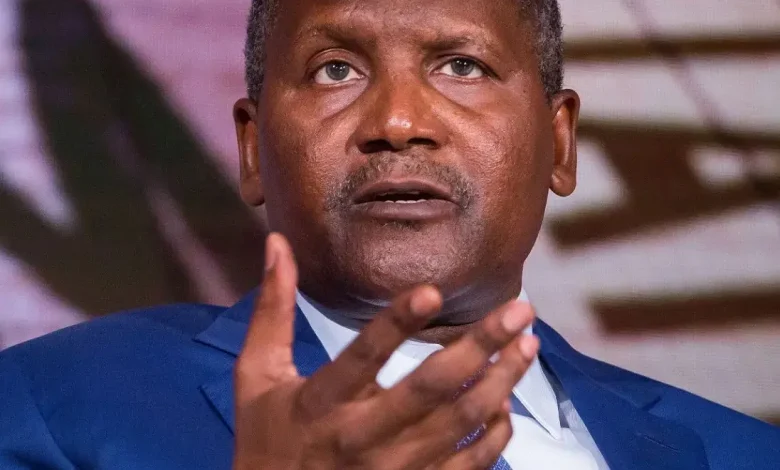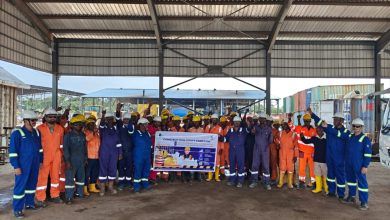
In a surprising turn of events, the Dangote Group has announced its decision to withdraw a ₦100 billion lawsuit against the Nigerian Midstream and Downstream Petroleum Regulatory Authority (NMDPRA).
The suit, filed at the Federal High Court in Abuja on September 6, 2024, challenged the NMDPRA’s decision to grant import licenses to the Nigerian National Petroleum Company Limited (NNPCL), Matrix Petroleum Services Limited, AA Rano Limited, and four other companies, despite ongoing local production of petroleum products.
In a statement released late Monday, the Dangote Group described the lawsuit as “an old issue,” indicating that recent developments have rendered it unnecessary. Spokesman Anthony Chiejina confirmed that the parties involved have initiated conciliatory talks, expressing confidence that the refinery does not intend to pursue the suit further. “We have agreed to put a halt to the proceedings. Importantly, no orders have been made, and there are no adverse effects on any party,” Chiejina stated.
The lawsuit originally argued that the NMDPRA violated sections 317(8) and (9) of the Petroleum Industry Act (PIA) by issuing import licenses when there was no documented product shortfall. Dangote Refinery contended that such licenses should only be granted in situations of demonstrated need for imported products, claiming that the issuance of these licenses undermined its business one that has seen substantial investment in local production.
The company sought an injunction to prevent the NMDPRA from issuing or renewing import licenses for the companies named in the suit. The presiding judge, Justice Inyang Ekwo, has adjourned the case to January 20, 2025, for a report on the matter.
The refinery, which commenced operations last December, is a $20 billion facility located in Lagos with an initial capacity of 350,000 barrels per day. Despite facing regulatory challenges, it aims to ramp up production to its full capacity of 650,000 barrels per day by the end of the year. The facility has begun supplying diesel, aviation fuel, and now petrol to marketers across the country.
Nigeria, Africa’s most populous nation, has been grappling with significant energy challenges, with all state-owned refineries currently non-operational. The country remains heavily reliant on imported refined petroleum products, with the NNPCL being the primary importer.
The removal of fuel subsidies in May 2023 has led to a tripling of petrol prices, exacerbating the hardships faced by citizens who depend on petrol for transportation and power generation amid longstanding electricity supply issues.





